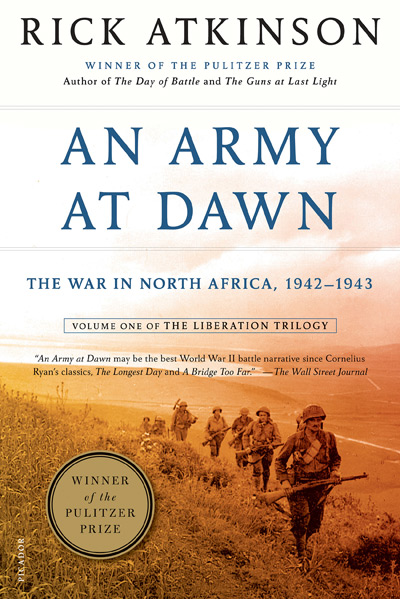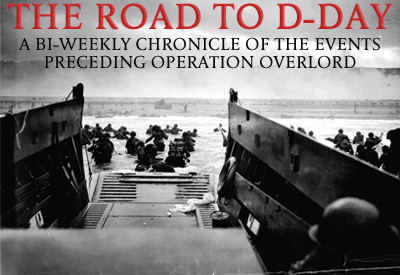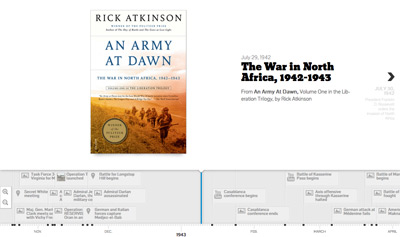Major Figures from An Army At Dawn
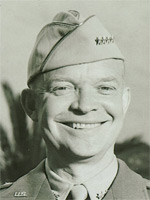 Lieutenant General Dwight D. Eisenhower
Lieutenant General Dwight D. Eisenhower
Commander, Operation TORCH. Despite never having commanded even a platoon in combat, Eisenhower found himself leading perhaps the boldest military expedition ever launched by the United States. His inexperience plagued him for months in North Africa, both as a battle leader and as the head of a fractious international coalition; even before the debacle at Kasserine Pass in February 1943, he feared that he was about to be relieved and sent home. The campaign in North Africa would test Eisenhower’s abilities as a leader, much as it would test American aspirations to be a world power.
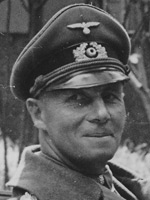 Field Marshal Erwin Rommel
Field Marshal Erwin Rommel
Commander, Panzer Army Africa. “Rommel, Rommel, Rommel!” Prime Minister Churchill had exclaimed. “What else matters but beating him?” Like most of history’s conspicuously successful commanders, he had an uncanny ability to dominate the minds of his adversaries. The son and grandson of schoolteachers from southwest Germany, he had rocketed from lieutenant Colonel to field marshal in four years. His successes in Africa showed the audacity, tactical brilliance, and personal style that won him the sobriquet of Desert Fox; but Africa would also reveal the limitations of his generalship and his influence on his political master, Adolf Hitler.
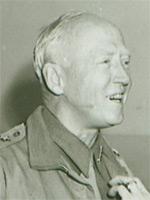 Major General George S. Patton, Jr.
Major General George S. Patton, Jr.
Commander, Task Force 34 and U.S. II Corps. As the charismatic commander of the American force that invaded Morocco during Operation TORCH, Patton quickly became a national hero in demonstrating his most conspicuous attributes: energy, will, a capacity to see the enemy’s perspective, and bloodlust. Further combat in Tunisia would burnish his reputation while revealing his defects: a disregard of logistics; a penchant for bullying subordinates; and an archaic tendency to assess his own generalship on the basis of personal courage under fire. “On reflection, who is as good as I am?” he asked his diary. “I know of no one.” He was, a British officer concluded, “smart, blasphemous, fit, and glamorous…but born in the wrong century.”
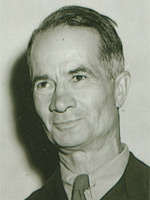 Major General Terry de la Mesa Allen
Major General Terry de la Mesa Allen
Commander, U.S. 1st Infantry Division. Even his name swaggered, an admirer once wrote. Allen surely embodied the unofficial motto of his unit, the Big Red One: “Work hard and drink much, for somewhere they’re dreamin’ up a battle for the First.” If he was “the fightingest man I ever met,” as one aide averred, Allen also was innovative, tactically gifted, and devoted to both his men and to God. His penchant for provoking superiors would cause trouble, in Tunisia and again in Sicily. “The most difficult man with whom I have ever had to work,” Lieutenant General Omar N. Bradley said of him, “fiercely antagonistic to any echelon above that of division.”

